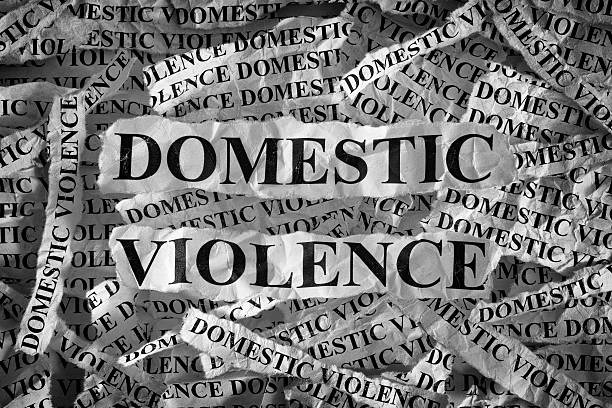Facing a domestic violence allegation is the most confronting experience someone can endure. The emotional toll, legal consequences, and public perception can change lives forever, even before a verdict is reached. These cases are treated seriously in Sydney, and navigating them requires clarity, awareness, and emotional control.
It’s not just about hiring a lawyer and showing up in court. Domestic violence defence involves legal strategy, understanding your rights, and managing how evidence is interpreted. Many turn to Sydney criminal lawyers not just for defence, but for guidance through a complex and often misunderstood legal process.
The Legal Definition Isn’t Always What You Assume
In Australia, domestic violence isn’t limited to physical abuse. It can include emotional manipulation, financial control, intimidation, and verbal threats. In Sydney courts, cases can arise from relationships between spouses, partners, family members, or even former housemates. This broad definition can sometimes create grey areas. A heated argument or misunderstanding may be interpreted as abusive, even if there was no intent to cause harm. That’s why context—and legal interpretation—matter greatly in these cases.
Protective Orders Can Be Immediate
One of the first things that may happen during a domestic violence case is the issuing of an Apprehended Domestic Violence Order (ADVO). These are civil orders that restrict a person from contacting or approaching the alleged victim. In many Sydney cases, an ADVO can be issued quickly, even before any criminal charge is proven. Breaching this order, regardless of guilt in the main case, can lead to a separate criminal offence. This adds another layer of pressure and complexity for the person accused.
Evidence Is Not Always Straightforward
In domestic violence defence, evidence often comes down to words, timelines, and emotional states. Unlike other criminal cases, there may be little to no physical evidence or independent witnesses. Sydney courts will consider texts, emails, calls, witness statements, and any prior incidents. But memories can clash, and stories can differ. It becomes less about proving one truth and more about presenting a consistent, credible version of events. This is where proper documentation and timing can make or break a defence case.
Your Behaviour Outside Court Matters
How someone behaves during the legal process can greatly influence how they are perceived, not just by the court, but by police, lawyers, and possibly jurors. Sydney judges often look beyond the technical evidence and consider how seriously someone takes the matter. Avoiding contact, following court directions, and maintaining calm even under stress shows responsibility. It’s not just about legal moves; it’s about personal conduct. This can quietly sway outcomes, even when it’s not directly discussed in court.
The Right Legal Approach Isn’t Always Aggressive
Many believe that fighting a charge means being combative in court, but that’s rarely the most effective strategy. In Sydney’s legal landscape, a calm, fact-based defence is often more persuasive. Conceding certain facts, showing willingness to attend counselling, or acknowledging past tensions doesn’t automatically mean guilt—it can show maturity and insight. Sydney criminal lawyers often build strong cases not just on denial, but on demonstrating growth, honesty, and a commitment to peaceful resolution.
Final Thoughts
Domestic violence defence cases are delicate, stressful, and legally complex. In Sydney, they’re taken seriously, with layers of law that go beyond what many expect. Understanding the nuances—what is at stake, how evidence is viewed and how conduct shapes outcomes—is key to facing these charges. While every case is unique, knowing what to expect is the first step toward building a thoughtful, grounded defence.
